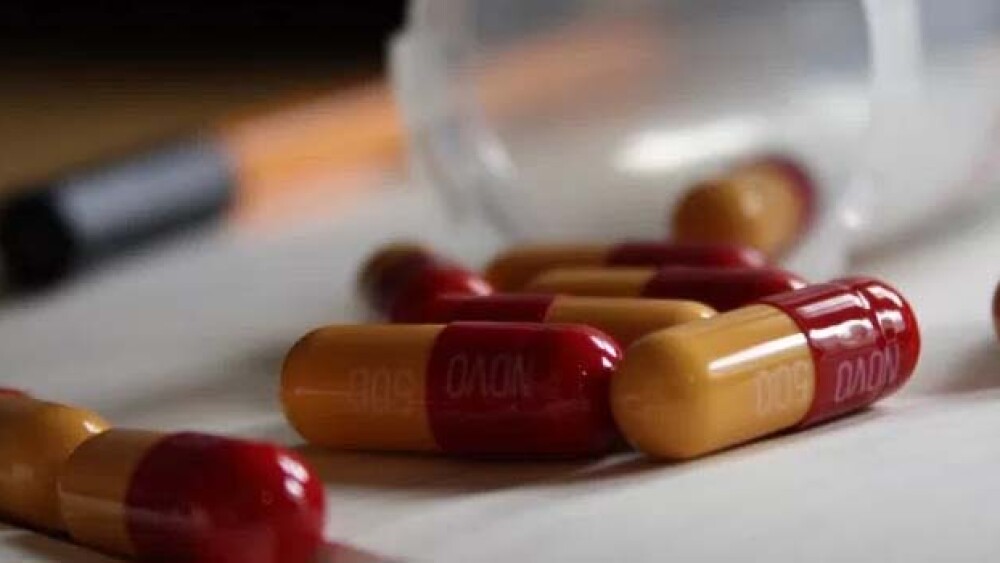Celgene and bluebird bio released updated data from an ongoing Phase I clinical trial of bb2121 at the ASH Annual Meeting.
Summit, NJ-based Celgene and Cambridge, Mass.-based bluebird bio released updated data from an ongoing Phase I clinical trial of bb2121 at the American Society of Hematology (ASH) Annual Meeting in Atlanta, Georgia this weekend.
bb2121 is bluebird’s CAR-T therapy for patients with late-stage relapsed/refractory multiple myeloma. The Phase I trial was a dose-escalation study evaluating the therapy’s safety and efficacy to identify a recommended dose for its Phase II trial.
“Celgene has a longstanding commitment to patients with multiple myeloma through our extensive research efforts in this deadly blood cancer,” said Nadim Ahmed, Celgene’s president, Hematology and Oncology, in a statement. “Looking ahead, we see BCMA as an important target in this disease and we believe bb2121 has the potential to create significant impact on the treatment approach and outcomes for these patients.”
There were, as often is the case with CAR-T therapies, issues with adverse side effects, primarily cytokine release syndrome (CRS). In the dose-escalation phase, 15 out of 17 patients had CRS, mostly Grade 1 and 2, although two patients experienced Grade 3 CRS. Four patients received tocilizumab, one that had Grade 2 CRS received steroids, and in those cases the CRS resolved in a day.
The most common Grade 3 and 4 adverse events in 21 infused patients were cytopenias that are commonly connected to lymphodepleting chemotherapy, including neutropenia (86%), anemia (57%) and thrombocytopenia (43%). There were two deaths at 22 and 69 weeks after infusion, respectively. The earlier death was due to cardiac arrest. The second was because of myelodysplastic syndrome. Both were patients in a myeloma complete response at the last study assessment before their deaths.
One patient had a Grade 4 neurotoxicity that included focal cerebral edema and subarachnoid hemorrhage. The patient had a history of subarachnoid hemorrhage and a high tumor burden. The event was managed and the patient remains in the response group.
In terms of efficacy, 17 out of 18 patients received an objective response, 16 out of 18 had at least a very good partial response, 10 out of 18 had a complete response (7) or unconfirmed complete response (3), and 9 out of 10 patients who could be evaluated for minimal residual disease (MRD) status were MRD-negative.
In other words, there was a 94 percent overall response rate and a 56 percent complete response rate. However, at the time of the conference, three of the 10 complete responses weren’t confirmed.
“To see these types of responses after one treatment with bb2121 in a heavily pre-treated patient population is very promising, and we are hopeful that CAR-T therapy with bb2121 may become an important therapy in the fight against multiple myeloma, which remains an insidious and incurable disease,” said James Kochenderfer, primary investigator in the study, a researcher with the Center for Cancer Research at the National Cancer Institute in Bethesda, Maryland, in a statement.
John Carroll, with Endpoints News, writes, “Celgene will now take 150 to 300 million cell doses into the landmark study with about 80 patients, looking to see if it can replicate anything similar. If they are successful, the partners can look forward to a blockbuster market for one of the most widely anticipated late-stage studies in oncology.”





